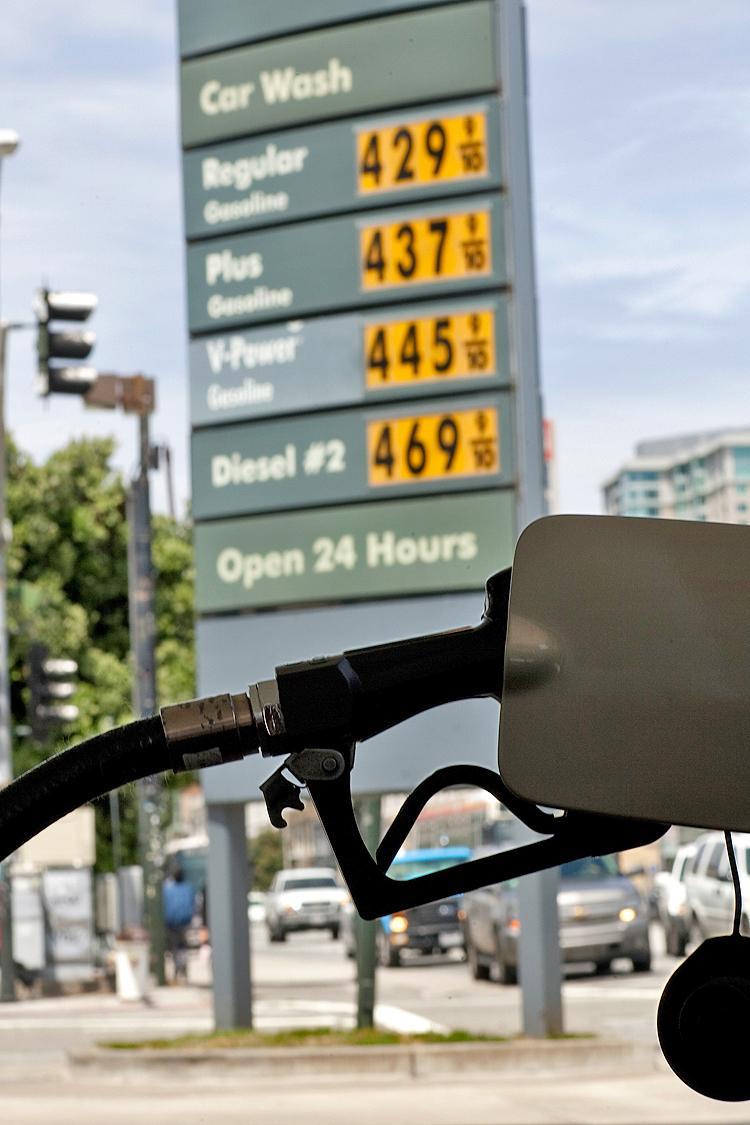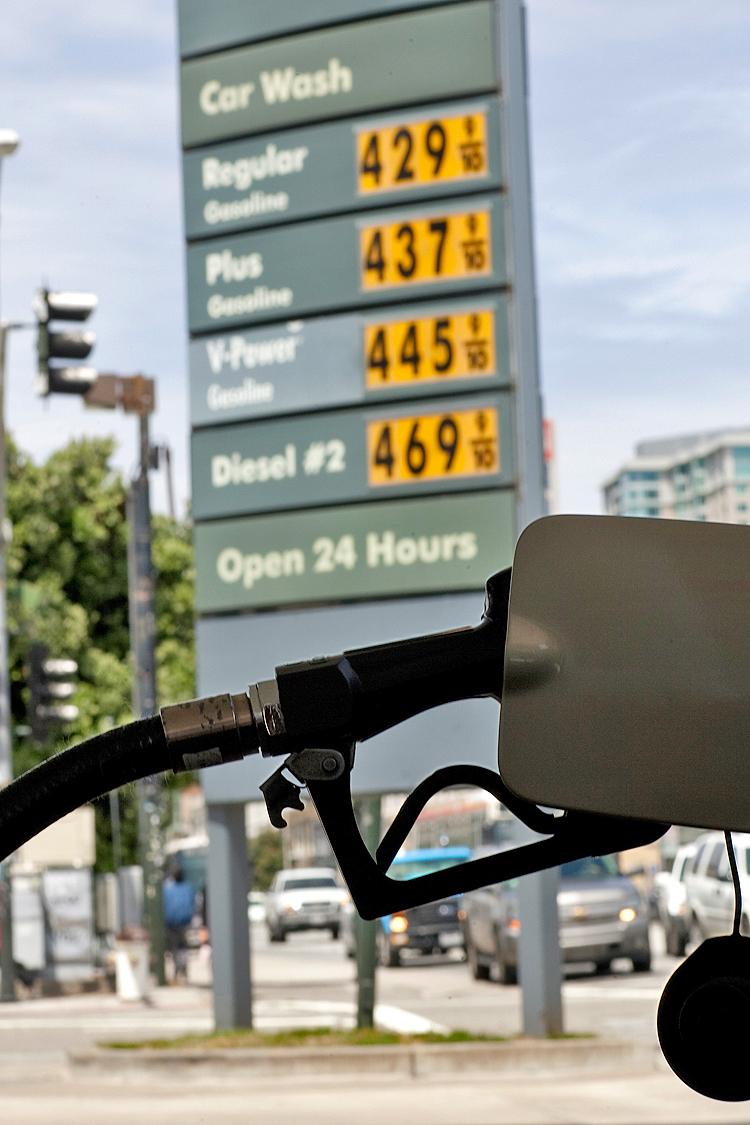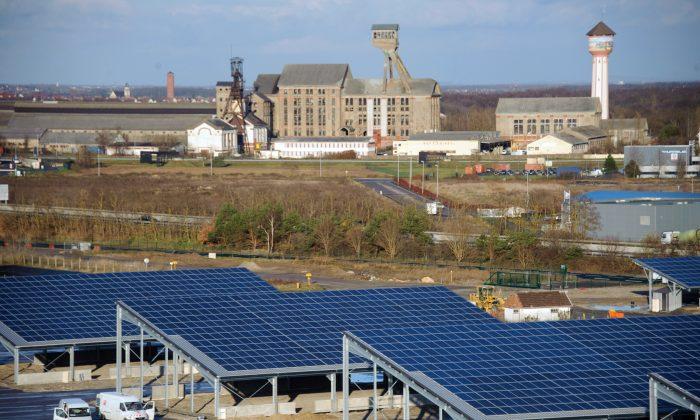President Obama has called for an investigation into potential price manipulation, collusion, fraud, or misrepresentation in energy markets, which could be causing prices to unduly increase. A task force organized in response to the president’s call for action met for the first time on Monday.
The Oil and Gas Price Fraud Working Group, set up by Attorney General Eric Holder, includes representation from the Department of Justice, the Departments of Agriculture and Energy, and all of the relevant financial and trade regulatory bodies.
“We will be vigilant in monitoring the oil and gas markets for any wrongdoing so that consumers can be confident they are not paying higher prices as a result of illegal activity. If illegal conduct is responsible for increasing gas prices, state and federal authorities should take swift action,” stated Holder in a press release April 21, the day the task force was formed.
Obama called for the Justice Department to set up the task force after gas prices reached $4 a gallon in parts of the country in mid-April.
Obama has frequently repeated that there is no “silver bullet” that can bring down gas prices quickly. His approach is to reduce oil dependance by investing in clean, alternative energy solutions.
At the same time, he told Americans in his weekly address to the nation, “We are going to make sure that no one is taking advantage of the American people for their own short-term gain.”
Years of Questions
The assertion that financial market speculation could be driving up gas prices is not without warrant and evidence has been building for years. The major hurdle has been a lack of regulatory requirements over the commodity futures markets, which shuts regulators out from obtaining the data necessary to protect the public.
In 2006, a bipartisan U.S. Senate investigation found “large speculative buying or selling of futures contracts can distort market signals regarding supply and demand in the physical market or lead to excessive price volatility; either of which can cause a cascade of consequences detrimental to the overall economy.”
The report also referred to “several analysts” who have “estimated that speculative purchases of oil futures have added as much as $20–$25 per barrel to the current price of crude oil.”
“The Role of Market Speculation in Rising Oil and Gas Prices: A Need to Put the Cop Back on the Beat,” was written by the Senate Permanent Subcommittee on Investigations of the Committee on Homeland Security and Governmental Affairs.
At that time, the committee recommended increased regulation and oversight of the energy commodity markets, noting the lack of available data made it difficult to determine the extent of the price impacts.
In 2009, a Washington Post article, “A Few Speculators Dominate Vast Market for Oil Trading,” written by investigative reporter David Cho, that analyzed an investigation of the Commodity Futures Trading Commission showing that unbeknownst to regulators, a single trader was found to hold 11 percent of all oil contracts on the regulated New York Mercantile Exchange.
Likely holding just a nominal cash investment in the actual contracts, companies such as this offer the contracts as a package to hedge fund operators, wealthy individuals, and pension funds managers, who then bet against the future price of oil.
With minimal regulation in place to monitor these types of activities, and just a few players controlling the majority of the market, depending on the direction of the bets, oil prices can be made to go up, regardless of the actual supply or demand of the commodity.
“Using swap dealers as middlemen, investment funds have poured into the commodity markets, raising their holdings to $260 billion this year from $13 billion in 2003. During that same period, the price of crude oil rose unabated every year,” wrote Cho.
Federal Reserve Chairman Ben Bernanke, in a historic press conference with reporters last week, did not account for the potential manipulation of oil and gas prices by financial markets.
“Our interpretation of the increase in gas prices is the economist basic mantra of supply and demand,” he said.
Increased demand from developing countries like China have increased demand by about 25 percent since before the crisis, Bernanke said.
On the supply side, disruptions in the Middle East, North Africa, and Libya have constrained supply, which has not been made up by other producers, he added.
U.S. Sen. Maria Cantwell recently pointed out to regulatory authorities that oil prices have fluctuated widely between 2007 and 2010, from a low of $73 dollars in December 2009 to a peak of $147 in 2008. Cantwell has long been engaged in legislative efforts to enhance the Federal Trade Commission’s regulatory authority over energy markets.
“High prices are leading our constituents to again question whether widely fluctuating prices can be explained by supply and demand fundamentals,” she wrote in a letter to the Federal Trade Commission in March of this year.
“Speculators have flooded the oil markets, with speculation up 64 percent since 2008,” said Cantwell in a separate press release.
Cantwell has also praised President Obama’s leadership in asking for more investigations.
In a press conference held at the White House last week, Holder told reporters when pressed for specifics that there were “at least of couple of things” that were “disturbing” in the market that the task force would look into.
“But again I don’t want go too far out there and say that that is the reason why we have seen these gas price rises, but there is I think a basis for us to announce the formation of the task force,” he said.






